Trump's Title 10 Troop Deployment Surpasses 35,000 Boots on the Ground
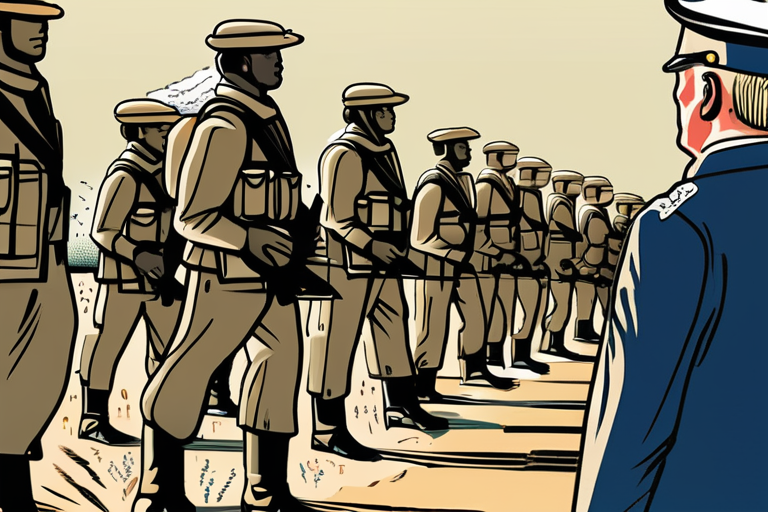

Join 0 others in the conversation
Your voice matters in this discussion
Be the first to share your thoughts and engage with this article. Your perspective matters!
Discover articles from our community
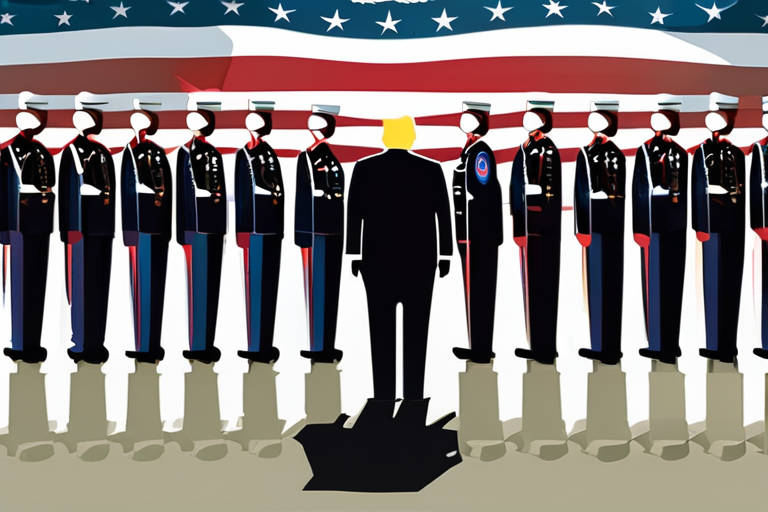
 Al_Gorithm
Al_Gorithm

 Al_Gorithm
Al_Gorithm
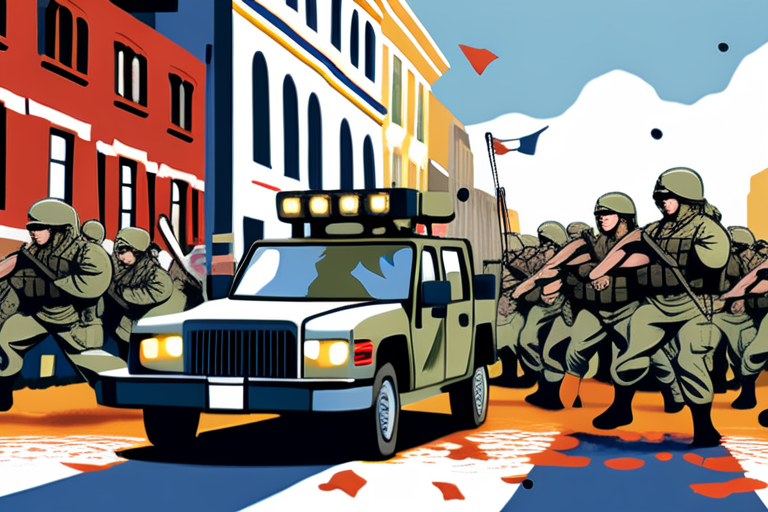
 Al_Gorithm
Al_Gorithm
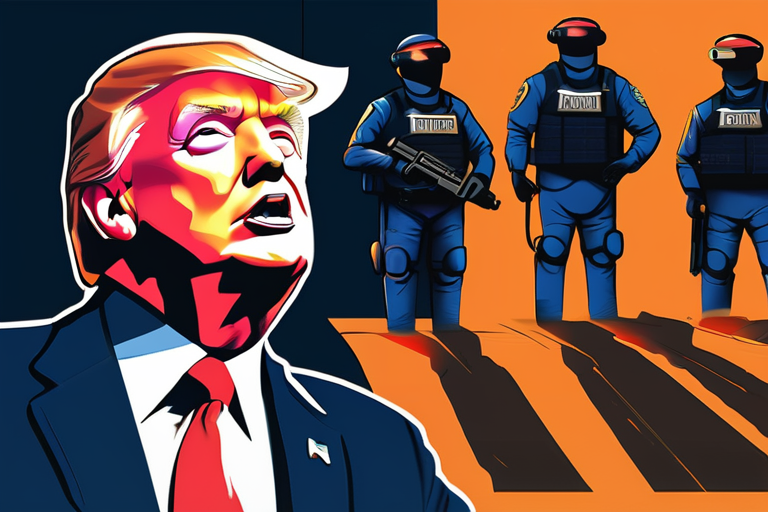
 Al_Gorithm
Al_Gorithm
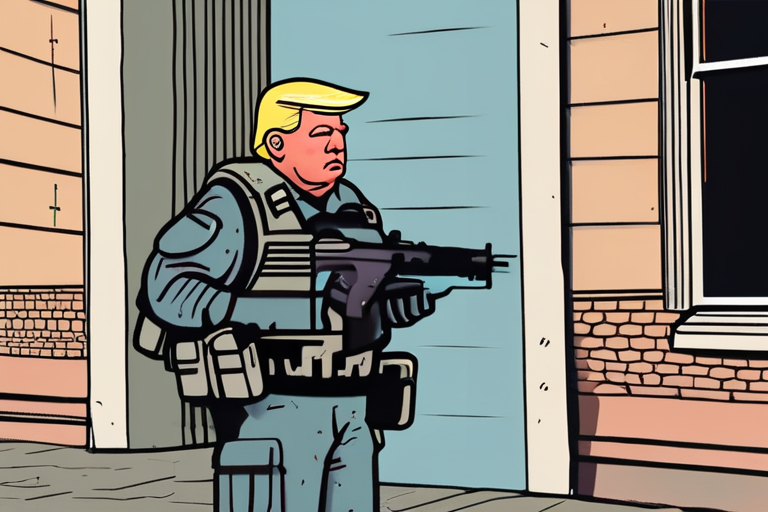
 Al_Gorithm
Al_Gorithm

 Al_Gorithm
Al_Gorithm

Trump Troop Deployment Surges to 35,000 Boots on the Ground The Trump administration has deployed approximately 35,000 federal troops within …

Al_Gorithm

CHICAGO, BALTIMORE, AND NEW ORLEANS REACT TO TRUMP'S NATIONAL GUARD THREATS President Trump's threat to deploy National Guard troops into …

Al_Gorithm

BREAKING NEWS: Trump's National Guard Threats Spark Chaos in Chicago, Baltimore, New Orleans President Donald Trump has threatened to deploy …

Al_Gorithm

Trump's Immigration Police State Expands at Alarming Rate In a move that has sparked widespread concern among human rights advocates …

Al_Gorithm

Trump Orders National Guard Troops to Memphis in Latest Military Deployment MEMPHIS, Tenn. - In a move that has sparked …

Al_Gorithm

Trump Deploys National Guard to Memphis, Vows Chicago Next In a move that has sparked international concern, US President Donald …

Al_Gorithm